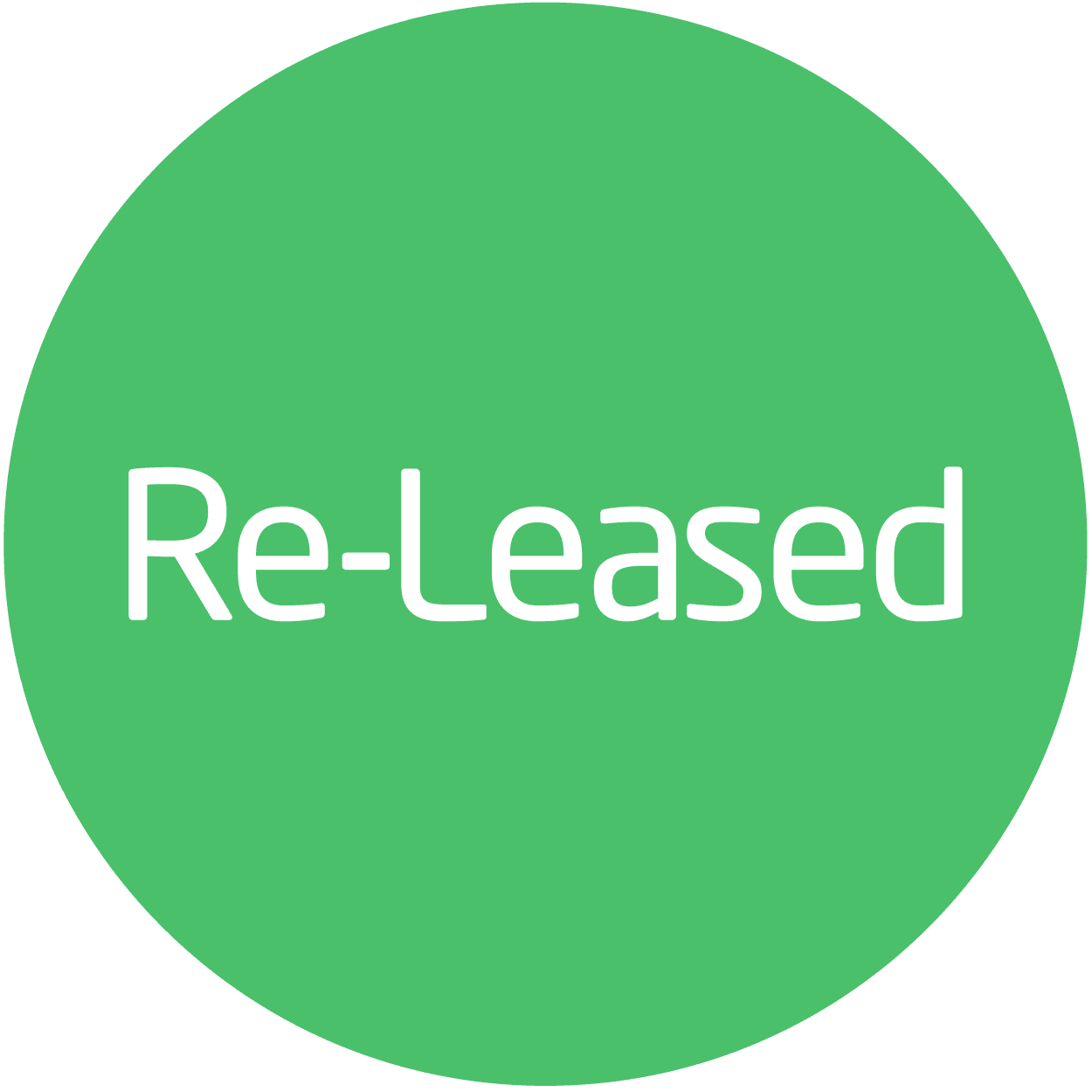Property Managers Shouldn’t Have To Face A Fragmented Tech Universe

After decades of lagging behind other industries, commercial real estate finally seems to be coming around to the value of technology. That’s the good news.
The bad news is that with proptech still in its infancy, real estate professionals have had to choose the lesser of two evils: either shell out for a dedicated CRE software suite that won’t play nicely with any other technologies or cobble together a set of affordable solutions that can’t communicate with each other and may not be powerful enough to scale up.
This fragmented CRE tech universe is especially hard on property managers, who rely on a wide range of technologies from accounting and payment databases to communication and maintenance platforms.
When he was working in commercial property management, Re-Leased CEO Tom Wallace saw the financial and logistical consequences of the splintered CRE tech universe firsthand.
“What we noticed were landlords who were losing $10K, or even $100K, on a monthly basis because they missed simple events like rent reviews and expirations,” said Wallace, whose company, Re-Leased, offers cloud-based commercial property management software. “There were these pockets of great technology out there, but the fact that none of them could talk to each other meant no one could see what was getting missed.”
In founding Re-Leased, Wallace hoped to disrupt the existing technology landscape for property management by forging connections between the industry-leading technologies that property managers were already using and giving them a powerful backbone based on decades of experience in leasing and communication.
Wallace likens the model of his company to that of Salesforce, which chooses to build integrations with other technologies rather than forcing users to switch to a weaker or less intuitive native platform. Re-Leased has recently earned another feather in its cap, announcing its integration with QuickBooks Online, one of the most widely used cloud-based accounting platforms in the U.S.
“We think that connected cloud and integrations are the future of proptech,” Wallace said. “Customers get the benefits of a specialized commercial property management software that can plug directly into QBO, a specialized accounting software. It’s two companies working together as one.”
When the worlds of lease management and accounting work in tandem, it can mean a significant boost to the bottom line, according to Clive Cooper, an executive at Re-Leased. Making sure rent updates are pushed automatically and on time to tenants can ensure that landlords have the cash on hand to survive the current economic crunch and invest in their portfolios to remain competitive.
But just as importantly, using technologies that work together eliminates the time-consuming and error-prone process of reconciliation, and gives real estate teams data they can trust. When they don’t have to waste time tracking down a lease event that fell through the cracks, property managers are free to pursue more valuable tasks or simply to handle more properties.
“QuickBooks is often the choice of shops who want an alternative to the pricey real estate software suites,” Cooper said. “Integrating with a platform like Re-Leased means these firms can scale their portfolios and their business without sacrificing the best-in-class accounting software.”
That scalability is likely going to be important for ownership groups in the U.S. that may be looking to make acquisitions during the recovery from the current recession. The integration with QuickBooks comes as part of a wider push to increase the number of accounting integrations for Re-Leased.
“This integration means companies won’t have to spend months onboarding new staff,” Cooper said. “They’re using a technology they know inside and out already.”
Moving to a cloud-based solution for both lease management and accounting also offers real estate teams the ability to work from anywhere, rather than having to be chained to a single computer in an office. With some properties closed to property management teams and with much of the workforce still working remotely, being able to make important changes from a laptop or even a smartphone is a large benefit.
In pressing times, the use of technology can be a long-term advantage.
“With COVID, we’re seeing two camps arise,” Wallace said. “There are those who haven’t invested in technology, who are bogged down in manual processes and struggling to drive revenue on their aging assets. Then there are those who are aligned with the vision of the future, who are invested in technology and can use that to scale their ambitions.”
This feature was produced in collaboration between the Bisnow Branded Content Studio and Re-Leased. Bisnow news staff was not involved in the production of this content.

